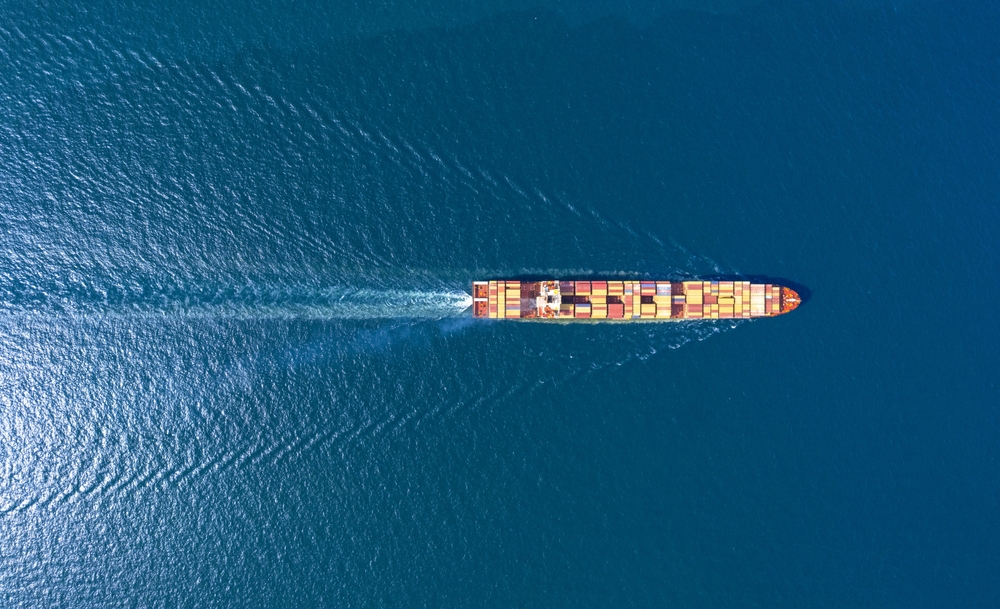With the advent of BRICS, how exactly is it, or will it affect global trade, if at all? In today’s blog, we will explore the impact of BRICS expansion on global trade.
Radius Warehouse and Logistic Services is here to provide you with all the information you need when it comes to the multiple areas of logistics that we provide, from sea, to air, to road freight solutions. Operating from the South West of England for over 20 years, our experience, and service is here for anyone who requires it.
What is BRICS?
BRICS is an acronym referring to the emerging major economies of Brazil, Russia, India, China, and South Africa. These nations represent a significant portion of the world’s population, land area, and economic output.
The term “BRICS” was coined in 2001 by Goldman Sachs, which predicted that these countries would become the world’s dominant economic powers by the mid-21st century. While this prediction hasn’t come to pass exactly as anticipated, the BRICS nations have indeed risen in global prominence and influence.
Why did BRICS come together?
The aforementioned countries that are part of BRICS have experienced rapid economic growth in recent decades, driven by factors such as industrialisation, urbanisation, and increased foreign investment.
In addition, the BRICS countries have some of the world’s largest populations, representing a significant portion of the global workforce and consumer market. While each country has its own unique economic strengths, they share a common desire to play a more significant role in the global economy.
Have BRICS done anything together?
Yes, BRICS countries have collaborated on various initiatives, including:
-
Economic Cooperation: Promoting trade, investment, and development among member countries.
-
Political Coordination: Addressing global challenges and advocating for their interests on the international stage.
-
Financial Cooperation: Establishing new financial institutions and mechanisms to support their economic development.
The BRICS nations have become a powerful force in global affairs, challenging the traditional dominance of Western powers. Their continued growth and cooperation will likely shape the future of the global economy.
The impact of BRICS expansion on global trade

Increased Demand for Goods and Services
Diversification of Trade Partners
Shift in Economic Power
Investment Flows
Competition and Innovation
The competition from BRICS countries has encouraged businesses in other parts of the world to become more efficient, innovative, and competitive. This has led to increased productivity and lower prices for consumers.
Overall, the impact of BRICS on global trade has been substantial. The rapid growth and development of these emerging economies have created new opportunities, diversified trade relationships, and shifted the balance of power in the global marketplace.
Is BRICS affecting air freight?
Yes, BRICS is affecting air freight. As these emerging economies continue to grow, they are becoming increasingly important players in global trade. This has led to a surge in demand for air freight services to transport goods to and from BRICS countries.
Below are some ways BRICS is impacting air freight.
Increased Demand
New Trade Routes
Competition
Infrastructure Development
BRICS countries are investing heavily in infrastructure, including ports and transportation networks. This is improving the efficiency of air freight operations and reducing costs.
BRICS has the potential to continue to affect air freight in the future. As these economies continue to grow and develop, they are likely to become even more important players in global trade. This will drive further demand for air freight services and create new opportunities for shipping companies.
Can BRICS affect global trade negatively?
Yes, like any multi-nation agreement, BRICS has the potential to negatively affect the current global market. While these emerging economies have contributed significantly to global growth, they also present certain challenges and risks:
-
Competition: The increased competition from BRICS countries can put pressure on businesses in developed economies, leading to job losses and economic dislocation.
-
Wage Competition: The lower labour costs in BRICS countries can lead to a “race to the bottom,” where companies seek to reduce costs by relocating production to these regions. This can have negative consequences for workers in developed economies.
-
Currency Fluctuations: The rapid economic growth of BRICS countries can lead to fluctuations in their currencies, which can affect global trade and investment.
-
Geopolitical Tensions: Tensions between BRICS countries or with other major powers can disrupt global trade and investment flows.
-
Inequality and Social Unrest: Rapid economic growth in BRICS countries can sometimes lead to increased inequality and social unrest, which can have negative consequences for both domestic and international stability.
It’s important to note that while these challenges exist, BRICS countries have also made significant contributions to global economic growth and development. By addressing these challenges and promoting sustainable and inclusive growth, BRICS can continue to play a positive role in the global economy.
Can western countries join BRICS?
While there’s no formal mechanism for Western countries to join BRICS, some Western nations have expressed interest or engaged with the group in various ways. That being said, BRICS might consider establishing an associate membership category for countries interested in joining but not yet meeting the full criteria.
Western countries could form strategic partnerships with BRICS nations, collaborating on specific projects or initiatives.
Even without formal membership, Western countries can engage with BRICS through diplomatic channels, economic cooperation, and participation in international forums.
Logistics services for global trade

We at Radius Warehouse and Logistics Services encourage you to get in contact with us to see how our services can benefit you. Alternatively, you can get a quote from us directly, or visit our help and advice page for anything further you may need help with.
We hope that our blog has provided insight into the impact of BRICS expansion on global trade.
With over 20 years of experience as an independent freight forwarder, you can expect quality service from us. In addition to being a member of BIFA, and trading under the standard trading terms of BIFA, We are also staffed by a dedicated core of enthusiastic and efficient professionals.
Our staff’s many years of experience in this industry welcomes your enquiries and hope you can join our loyal and superb client base.



